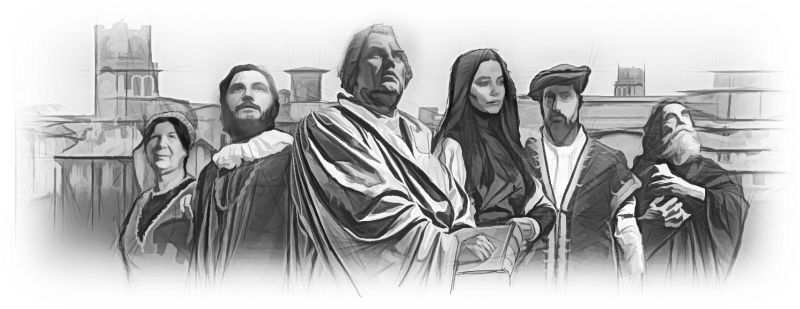A Spanish housewife read a startling passage that prompted her to embark on a 35-year letter-writing campaign to proclaim Jesus’ coming to Spanish royalty, actors and singers, and the late Cuban leader Fidel Castro.
The missionary initiative was born when the housewife, my mother, Pilar Laguardia, read, “Men in business life, in high positions of trust, men with large inventive faculties and scientific insight, men of genius, teachers of the gospel whose minds have not been called to the special truths for this time—these should be the first to hear the call. To them the invitation must be given.”—Ellen G. White, Christ’s Object Lessons, p. 230.
Reading the statement, my mother wondered, How can I, a simple housewife, reach these people? Moments later, she hatched a plan. She would listen to interviews with prominent people on television and the radio and read them in newspapers and magazines. She would seek any hint that they were interested in spiritual matters and introduce them to God. My mother found many opportunities. As soon as she heard someone say “I wish I had faith” or “I’m agnostic” or “I have an emptiness inside,” she wrote a letter.
My mother has lost count of the number of letters that she has mailed to Spanish presidents and government ministers, bishops, priests, actors, singers, authors, journalists, and inmates. In addition to Fidel Castro, recipients include Spanish King Felipe VI and Queen Letizia, Italian tenor Al Bano Carrisi, and authors Paulo Coelho and José Saramago. She never had trouble finding mailing addresses, even before the internet. Sometimes, newspaper articles offered clues. Other times, she called television stations and prisons.
Many people have responded. Madrid’s mayor wrote, “I’m reading the Conflict of the Ages series, and I’m in the chapter ‘The Awakening in Spain’ in The Great Controversy. It’s very interesting, and I will continue reading.”
A bishop expressed gratitude for Steps to Christ and the Conflict of the Ages and wrote, “May divine mercy do what’s needed to bring us light.”
Another bishop said, “I want to study the Bible better and to serve God better. Maybe I need to correct some of my interpretations of the Bible.”
Isabel, a physician who gave up her career to enter a cloistered convent as a nun, kept contact with my mother by phone and mail for months. In her first letter, she said, “You can send me all the Bible materials you want.” So, my mother did, and a seed was planted. The results are in God’s hands.
“The important thing is to plant seeds,” my mother says. “The Lord says, ‘Cast your bread upon the waters, for you will find it after many days’ ” (Eccles. 11:1, NKJV).
Join the Seventh-day Adventist world church in the mass promotion and distribution of The Great Controversy in 2023 and 2024. Visit greatcontroversyproject.com for more information or ask your pastor.


